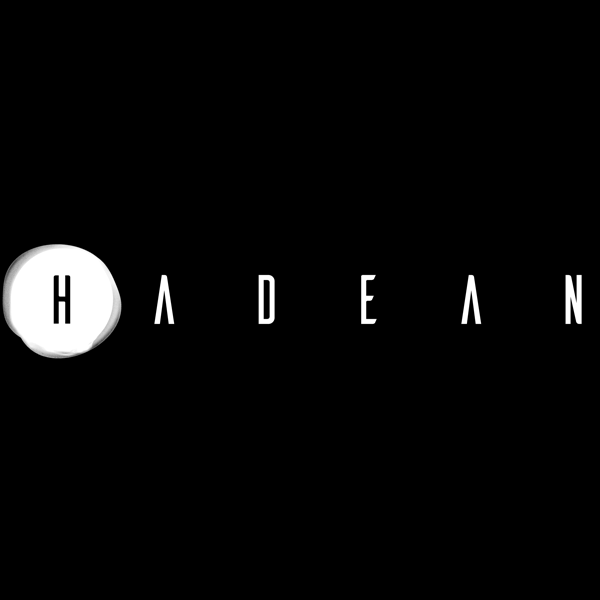Much like how Facebook acted ahead of the French elections, the social media giant is taking similar steps to prevent the spread of false and misleading news during the U.K elections in the coming month. This practice started after it was accused of being a major proponent towards the circulation of such stories across the interwebs.
According to BBC, the social media giant has yet again decided to crack down on fake accounts on their platform. While the number was a definite 30,000 ahead of the French elections, the publication now only mentions that ‘tens of thousands’ accounts have been eliminated off the platform. This step has been taken due to the criticism being voiced against the platform by country’s conservative crowd. U.K’s MP Damian Collins questioned the integrity of content being circulated on the platform saying,
The danger is, if for many people the main source of news is Facebook and if the news they get on Facebook is mostly fake news, they could be voting based on lies.
Ever since Facebook has been accused of spreading fake news and being the primary reason for U.S President Trump’s election, it has acknowledged its place as a content platform. It has been detailed that algorithmic solutions deployed by the company’s security team are keeping a close check on accounts involved in malicious activity.
The social media giant has also induced under-the-hood changes to how their platform tackles the escalating reports of abuse, detect and remove spam, identify and eliminate fake accounts. It is steadily making changes to make it difficult to create fake accounts that are behind the spread of fake news. With regards to the same, it further adds that such accounts are detected via,
systems [that] were now monitoring the repeated posting of the same content or a sharp increase in messaging. Accounts displaying this activity are then flagged.
Over the past couple months, Facebook has also started its crackdown on the spread of fake news with the involvement of third-party fact-checking organizations. It has started weeding out false stories by displaying a ‘warning’ label under news pieces which have been marked as disputed by fact-checkers. It is also demoting these kinds of links, so they rank lower and do not immediately appear in the news feed. This prevents users from reading and sharing it, curbing the spread of fake news way further.
Newspaper adverts
Facebook is going all out with its mission to curb the further spread of fake and misleading content on the social network. And a very significant part of the process is not only weeding out the said content but also educating individuals to better recognize fake content.
It wants people to be better judges of the type of news stories that are shared on the platform, so they can vote for the candidate they believe is suited for running their country. And that they shouldn’t be affected by stories which are sharing false news about any one of the candidates. This is a significant move for Facebook because it could be staring at prosecution if it fails to moderate the content on its platform.
Thus, Facebook has once again taken the offline route to reach an even wider audience. It has published full-page ads in a number of British newspapers including The Daily Telegraph, The Guardian, and The Times. These adverts contain warnings (or pointers) that will help readers better judge the quality of the content and truthfulness of the story shared in the News Feed. The pointers that have been published in the newspapers are also highlighted at the top of the News Feed — as was done before the French elections.
Simon Milner, Facebook’s director of policy for the U.K has told the Financial Times that they’re doing everything in their power to curb the spread of misleading stories on the platform. He further adds,
People want to see accurate information on Facebook and so do we. That is why we are doing everything we can to tackle the problem of false news. To help people spot false news, we are showing tips to everyone […] how to identify if something they see is false.





